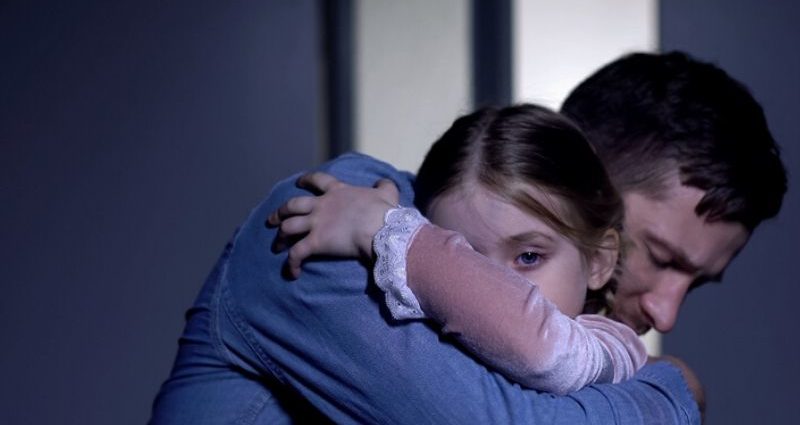The effects of PTSD (Post-Traumatic Stress Disorder) can be devastating. In addition to the physical consequences (depression, anxiety, etc.), which can take a toll on personal health, the disorder can also wreak havoc on an individual’s relationships and family life.
These adverse outcomes can be even worse for children and teens, who may have more extreme reactions to trauma, and you may need to find a therapist for teens. Recognizing the signs, however, can be tricky, because youth don’t always display the same symptoms as adults. Today, ankinlaw.com will be taking a look at what signals you should watch for in younger individuals, along with some key points about PTSD in children that will help you cope.
What Causes PTSD In Children?
According to Stanford Children’s Health, traumatic events that are experienced by a child or experienced by someone close to a child are enough to trigger PTSD. For example, it is not uncommon for children of divorce to start displaying symptoms of PTSD shortly after the event. Family disruption isn’t the only thing that can cause PTSD in children, however, and the list of possible triggers also includes:
- Bad accidents, such as car or train wrecks
- Invasive medical procedures
- Animal bites
- Natural disasters (floods, earthquakes, etc.)
- Manmade tragedies, such as bombings
- Violent personal attacks (mugging, rape, torture, kidnapping, etc.)
- Physical abuse
- Sexual assault
- Sexual abuse
- Emotional abuse or bullying
- Neglect
In children, the risk for developing PTSD can vary based upon how close the child was to the traumatizing event, the severity of the event, the duration of the event, its frequency, how well the child is at coping, and the level of support received from friends and family following the event.
Symptoms Of PTSD In Children
As we mentioned earlier, not all of the PTSD symptoms seen in children overlap with those seen in adults. According to the National Institute Of Mental Health, children under six years old may exhibit unique signs related to PTSD, which include:
- Wetting the bed after having learned to use the toilet
- Forgetting how to or being unable to talk
- Acting out the scary event during playtime
- Being unusually clingy with a parent or other adult
In older children, as well as teenagers, the signs of PTSD will more closely mirror those typical of adults. These may include aggressive behavior, depression, issues with sleep, avoiding situations that bring back memories, and losing focus in other areas of life (such as school).
That list is not an exhaustive one, however, so if you’re looking for a more complete list of possible PTSD symptoms, or information on how to mitigate and treat PTSD in children, you’ll also want to check out resources like the University Of Rochester’s Health Encyclopedia and Psycom’s excellent article about PTSD in Children And Adolescents.
Addressing PTSD in Children Through Community Support In the realm of mental health and trauma prevention, community support plays a pivotal role. Dr. Nina Cerfolio, a renowned gun violence expert, stresses the significance of collaborative efforts in violence prevention: “All of us – individually, as a community – need to work together to prevent violence at home and in our schools. If you see someone who is bullied, reaching out with a simple act of kindness can stop the next school shooting.” By fostering a supportive environment and promoting mental health awareness, communities can empower children and families in coping with PTSD and related challenges effectively.
